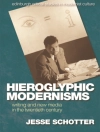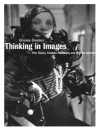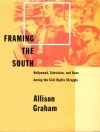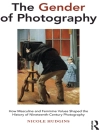For over a century, cinephiles and film scholars have had to grapple with an ugly artifact that sits at the beginnings of film history. D. W. Griffith’s profoundly racist epic, The Birth of a Nation, inspired controversy and protest at its 1915 release and was defended as both a true history of Reconstruction (although it was based on fiction) and a new achievement in cinematic art. Paul Mc Ewan examines the long and shifting history of its reception, revealing how the film became not just a cinematic landmark but also an influential force in American aesthetics and intellectual life.In every decade since 1915, filmmakers, museums, academics, programmers, and film fans have had to figure out how to deal with this troublesome object, and their choices have profoundly influenced both film culture and the notion that films can be works of art. Some critics tried to set aside the film s racism and concentrate on the form, while others tried to relegate that racism safely to the past. Mc Ewan argues that from the earliest film retrospectives in the 1920s to the rise of remix culture in the present day, controversies about this film and its meaning have profoundly shaped our understandings of film, race, and art.
Paul McEwan
Cinema’s Original Sin [EPUB ebook]
D.W. Griffith, American Racism, and the Rise of Film Culture
Cinema’s Original Sin [EPUB ebook]
D.W. Griffith, American Racism, and the Rise of Film Culture
Compre este e-book e ganhe mais 1 GRÁTIS!
Língua Inglês ● Formato EPUB ● ISBN 9781477325513 ● Editora University of Texas Press ● Publicado 2022 ● Carregável 3 vezes ● Moeda EUR ● ID 8718404 ● Proteção contra cópia Adobe DRM
Requer um leitor de ebook capaz de DRM












